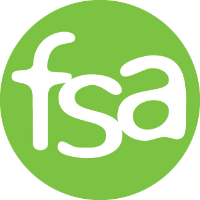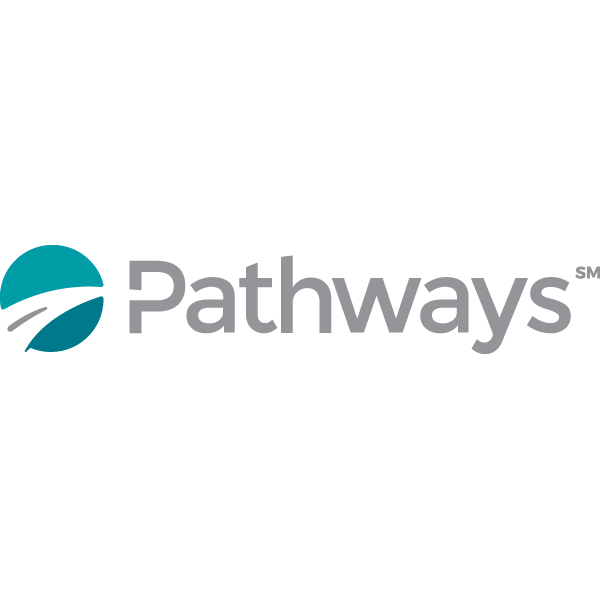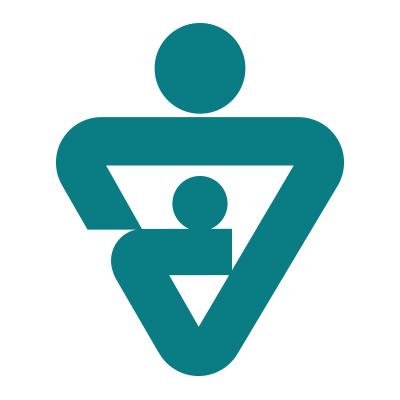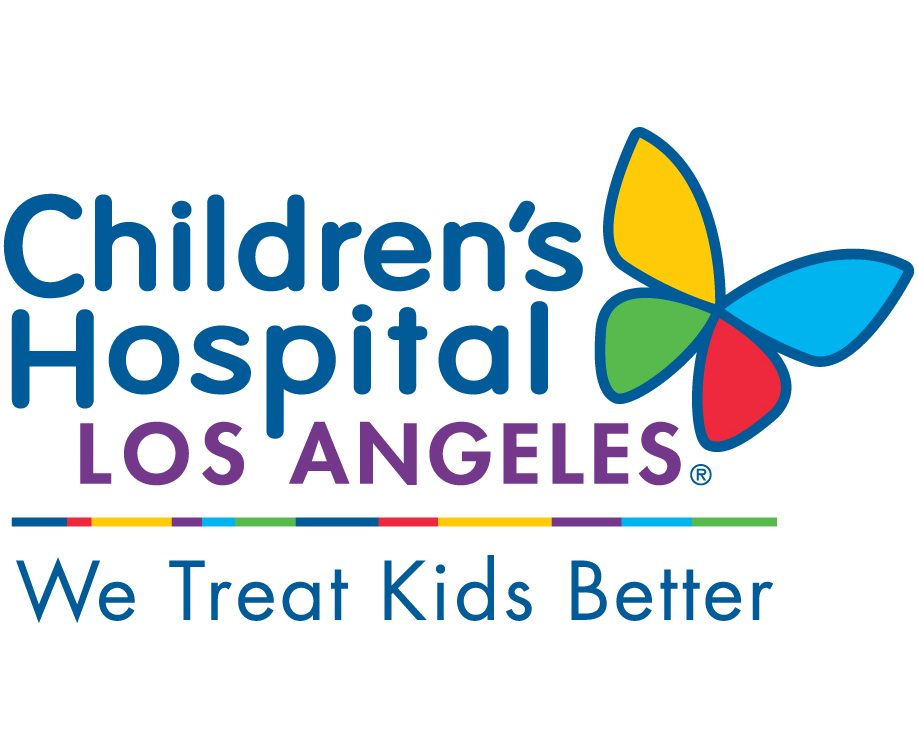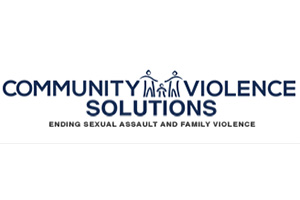The Position:
The Mental Health Therapist will provide a range of services including individual and family therapy, case management, and crisis intervention. Services occur across many settings including clinic, home, school, and the community. Service times accommodate the needs of clients and their families, will often include evenings, and may include weekends. The Mental Health Therapist must be available to field client crises M-F 9am-7pm. Clinical supervision available.
Sample of Duties and Responsibilities:
· Work closely with a small caseload, assigned by the Program Supervisor, to effect positive and lasting change.
· Assist clients ages 0 to 21 and their families meet goals, while strengthening natural environments and supports.
· Employ evidence-based practices to identify and reinforce appropriate family roles and relationships.
· Utilize a recovery-oriented, strengths-based approach in delivering treatment services.
· Conduct Assessments, develop Client Plans, and document services in a timely manner.
· Participate in agency and interagency meetings, cultivating relationships to harness a holistic treatment approach.
· Maintain a level of direct and billable service activity as determined by the contract and funding requirements.
Employment Standards:
· Must be either registered or licensed with the BBS as an AMFT, ASW, APCC, LMFT, LCSW, or LPCC.
· Excellent clinical, interpersonal, analytical, organizational, time management and computer skills.
· Professional attitude—enjoys working autonomously, as part of a team, and within an agency.
· High level of legal and ethical understanding and integrity required.
· 2+ years clinical experience preferred.
· Medi-Cal documentation experience preferred.
· Bilingual (English/Spanish) preferred.
Classification, Hours and Pay Rate:
· Position is full-time, non-exempt, with benefits (i.e., medical, dental, vision, life insurance, 403(b) retirement plan, generous vacation, holiday, and sick leave).
· Rate of pay is DOE.
Family Service Agency (FSA) has long been regarded as one of Santa Barbara County’s most reliable and effective nonprofit human service organizations. Our mission is to strengthen and advocate for families and individuals of all ages and diversities, helping to create and preserve a healthy community.
We are committed to providing services where they are needed most: in the community. Eighty percent of our services are delivered on school campuses, at community centers and in clients’ homes. Our programs, which serve more than 25,000 people annually, combine clinical expertise, bilingual and bicultural staff, and close collaboration with other agencies. At FSA, all services are provided free or on a sliding fee/donation scale and no one is denied assistance because of an inability to pay.
To apply for this position, it is highly recommended that you submit both a cover letter and resume. Please reply to this ad, and/or you may also send your materials to:
Family Service Agency
123 West Gutierrez Street
Santa Barbara, CA 93101
EOE
Job Type: Full-time
Education:
- Master’s (Required)
Application Question:
- Are you either registered or licensed with the BBS as an AMFT, ASW, APCC, LMFT, LCSW, or LPCC?


